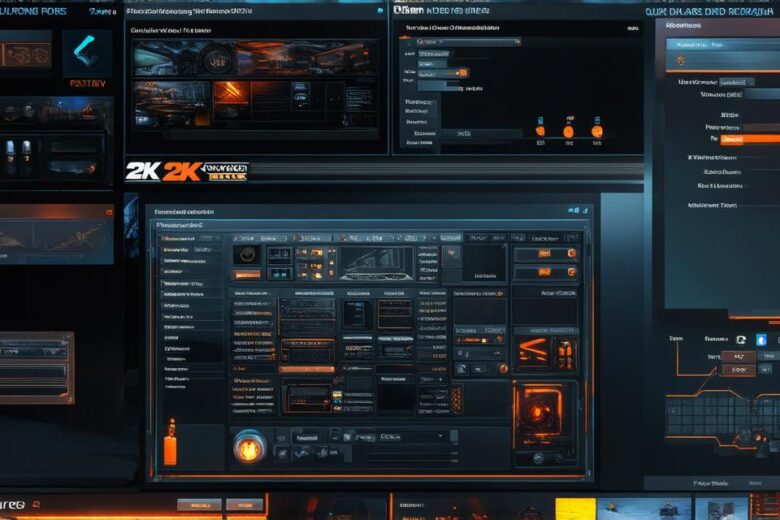1. Introduction to Unity:
Unity is a popular game engine used by both professionals and beginners alike. It offers a wide range of features and tools that allow developers to create 2D, 3D, AR/VR, and multiplayer games. Unity uses C as its primary programming language and has a large community of developers who contribute to its growth.
One of the key strengths of Unity is its ease of use and accessibility for beginners. It offers a streamlined development process that makes it easy to get started with game development, even if you have no prior experience. Additionally, Unity has a large and active community of developers who provide support and guidance through forums and other resources.
2. Introduction to Unreal Engine:
Unreal Engine is another powerful game engine that is widely used in the industry. It offers advanced graphics capabilities and a wide range of tools for creating 3D games, including support for virtual reality (VR) and augmented reality (AR). Unreal Engine uses C++ as its primary programming language and has a smaller community of developers compared to Unity.
One of the key strengths of Unreal Engine is its advanced graphics capabilities. It offers a wide range of tools for creating realistic environments, including support for HDR (High Dynamic Range) rendering and advanced physics simulation. Additionally, Unreal Engine has a strong focus on VR development, with features such as support for room-scale VR and hand tracking that make it well-suited for VR projects.
3. Performance:
Performance is an important factor to consider when choosing a game engine. Both Unity and Unreal Engine are capable of delivering high-quality graphics, but Unreal Engine typically outperforms Unity in terms of raw power. This is due in part to Unreal Engine’s use of C++ as its primary programming language, which allows for greater control over the engine’s performance.
While both engines offer impressive performance, it’s important to note that this can vary depending on your specific hardware and the complexity of your game. If you’re developing a game with high-performance requirements or demanding graphics, Unreal Engine may be the better choice due to its advanced capabilities.
4. Graphics Capabilities:
As mentioned earlier, Unreal Engine is known for its advanced graphics capabilities, particularly in the area of lighting and materials. It offers a wide range of tools for creating realistic environments, including support for HDR rendering and advanced physics simulation. While Unity also has impressive graphics capabilities, it may not be as advanced as Unreal Engine in this area.
If you’re working on a game with high-quality graphics requirements, Unreal Engine may be the better choice due to its advanced capabilities. However, if you’re focused more on ease of use and accessibility for beginners, Unity may be the better option.
5. Development Process:
The development process is another important factor to consider when choosing a game engine. Both Unity and Unreal Engine offer a range of tools and features that make the development process easier, but there are some key differences between the two. Unreal Engine is known for its more complex workflow, which can be intimidating for beginners, while Unity has a more streamlined approach that is easier to navigate.
If you’re working with a small team or just starting out in game development, Unity may be the better choice due to its more user-friendly interface and streamlined development process. However, if you have more experience and are looking for advanced features and tools, Unreal Engine may be the better option.
6. Community Support:
Community support is also an important factor when choosing a game engine. Both Unity and Unreal Engine have large communities of developers who contribute to their growth, but there are some key differences between the two. Unity’s community is larger and more active than Unreal Engine’s, which can provide additional resources and support for development.
If you’re looking for a game engine with a strong community support and resources for development, Unity may be the better choice. However, if you’re focused on advanced features and tools, Unreal Engine may be the better option.
7. Cost:

Finally, cost is an important factor to consider when choosing a game engine. Both Unity and Unreal Engine offer free versions of their software, but there are also paid versions available that offer additional features and support. The cost of the license for Unreal Engine can vary depending on the size of your team and the complexity of your project.
If you’re working with a small team or just starting out in game development, Unity may be the better choice due to its lower cost and more accessible licensing options. However, if you have more experience and are looking for advanced features and tools, Unreal Engine may be the better option.
